In The News

07 January 2026
Investigator Kamena Kostova, named ‘Cell Scientist to Watch’
From the Journal of Cell Science, Investigator Kamena Kostova named a 'Cell Scientist to Watch'
Read Article
The Latest
In The News

07 January 2026
From the Journal of Cell Science, Investigator Kamena Kostova named a 'Cell Scientist to Watch'
Read Article
#Stowers25: Celebrating 25 Years
06 January 2026
Alejandro Sánchez Alvarado, Ph.D., reflects on a year of discovery, gratitude, and the community that helps support our mission.
Read Article
In The News
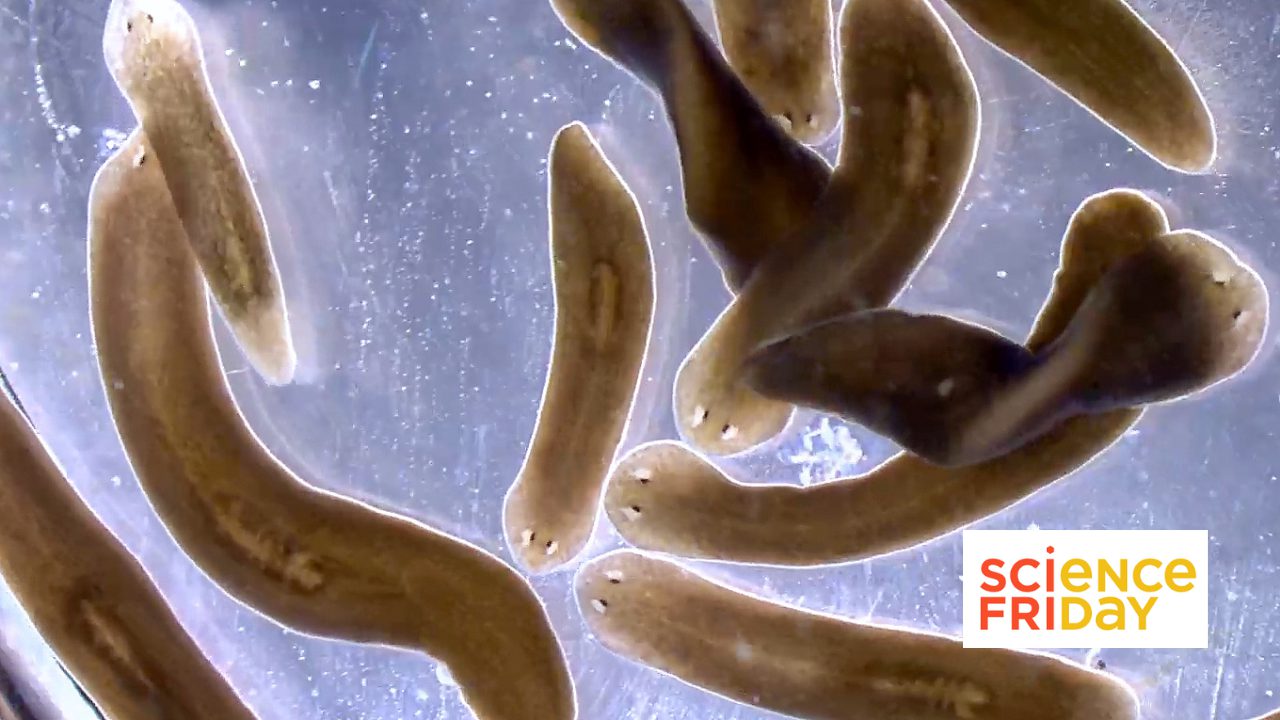
01 January 2026
From Science Friday, President and CSO Alejandro Sánchez Alvarado talks about the science of regeneration and the biology lessons we can carry into the new year.
Read Article
In The News
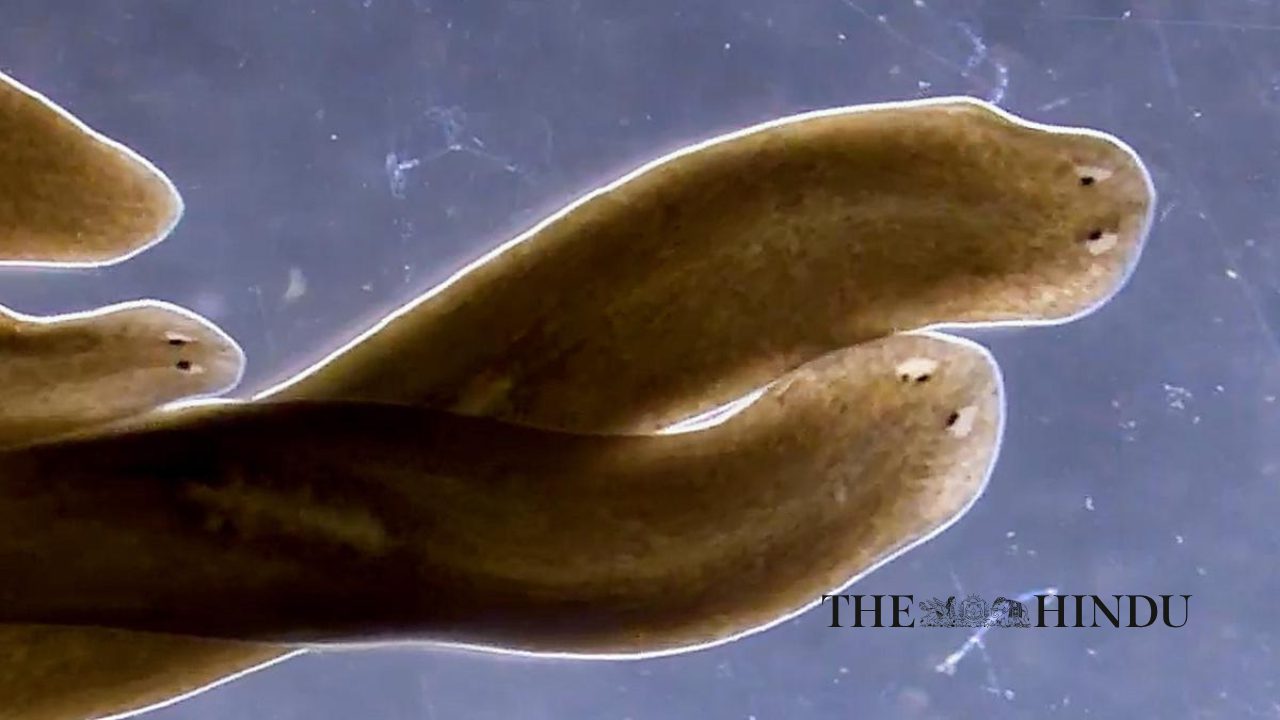
23 December 2025
From The Hindu, regeneration research from the Sánchez Alvarado Lab
Read Article
In The News
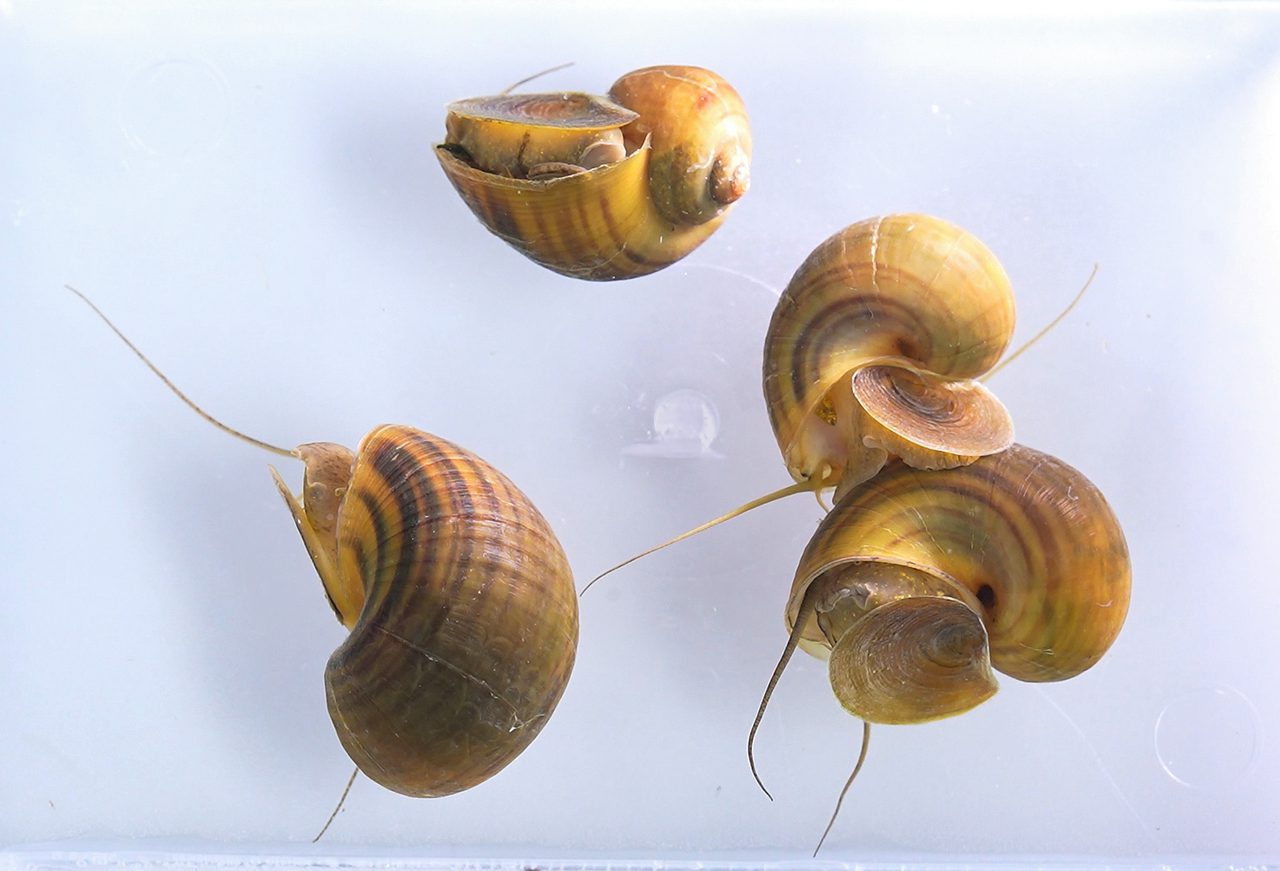
22 December 2025
From Ophthalmology Breaking News, Stowers scientists study eye regeneration in apple snails
Read Article
In The News
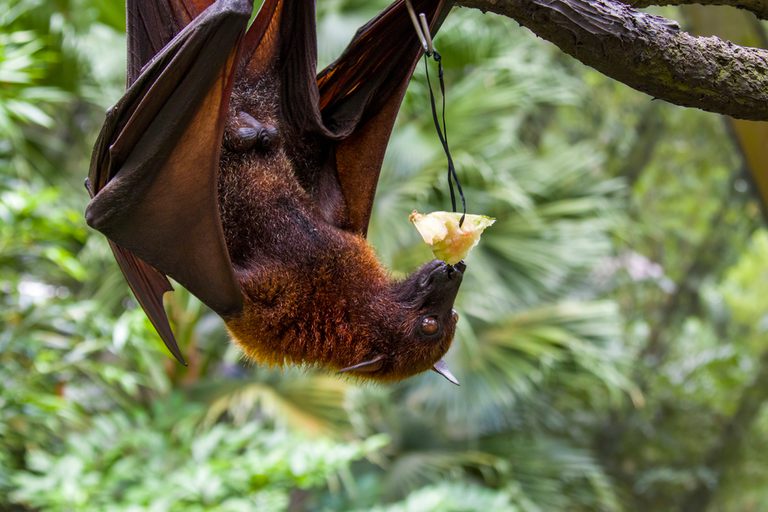
22 December 2025
From The Hearty Soul, Stowers scientists study metabolism in bats
Read Article
News
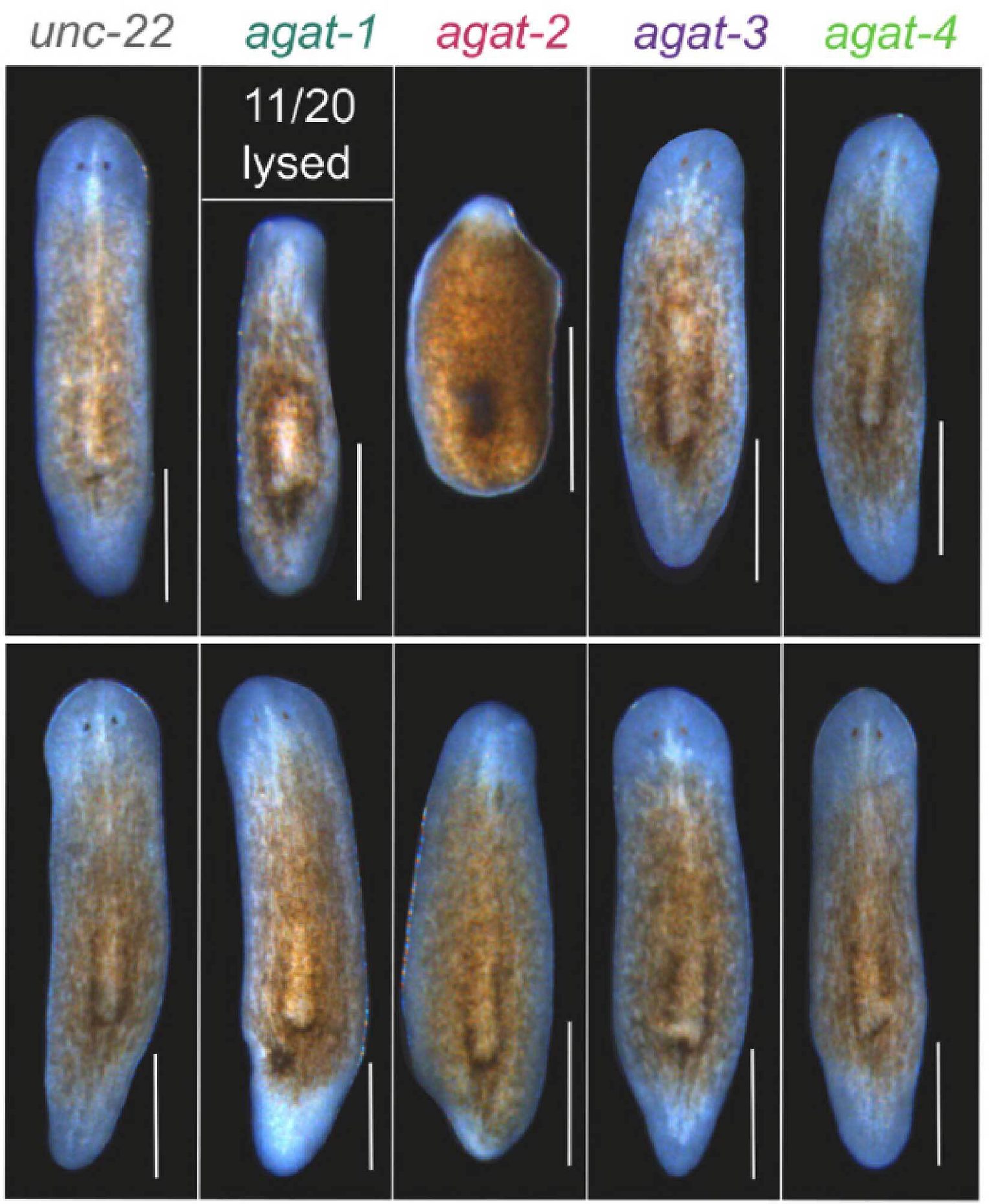
21 December 2025
Stowers scientists discover how metabolically specialized support cells orchestrate whole-body regeneration, reshaping our understanding of tissue repair and regenerative medicine.
Read Article
News

18 December 2025
Stowers scientist discovers insights into how plants “talk” to bacteria in soil, possibly informing future antimicrobial therapies
Read Article
News
17 December 2025
Explore 15 highlights from 2025 at the Stowers Institute: New scientists, impactful discoveries, and a milestone moment.
Read Article

12 December 2025
From El Pais, President and Chief Scientific Officer Alejandro Sánchez Alvarado explains how a tiny animal can teach us how to regenerate organs
Read Article
News
08 December 2025
Craig Venter, Ph.D., founder of the J. Craig Venter Institute, joined Alejandro Sánchez Alvarado, Ph.D., for an evening of reflection and conversation surrounding his scientific journey.
Read Article
In The News
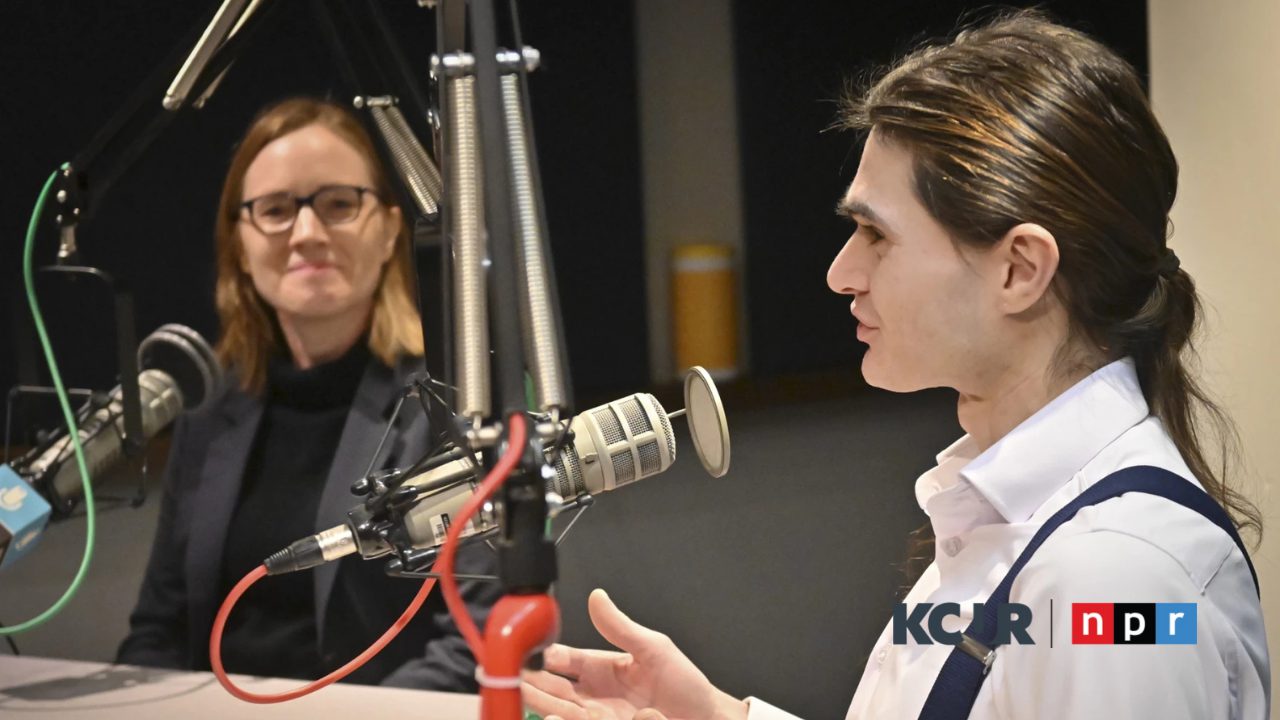
03 December 2025
From KCUR, Stowers researchers are training AI to analyze research data and find the patterns and regulations that make cells function.
Read Article
In The News
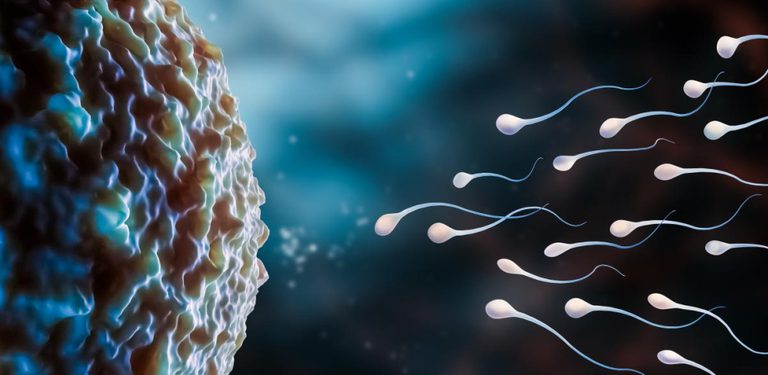
25 November 2025
From La vanguardia, Bazzini Lab study reveals how protein regulation enables embryos to activate their genomes and begin autonomous development in vertebrates.
Read Article
In The News
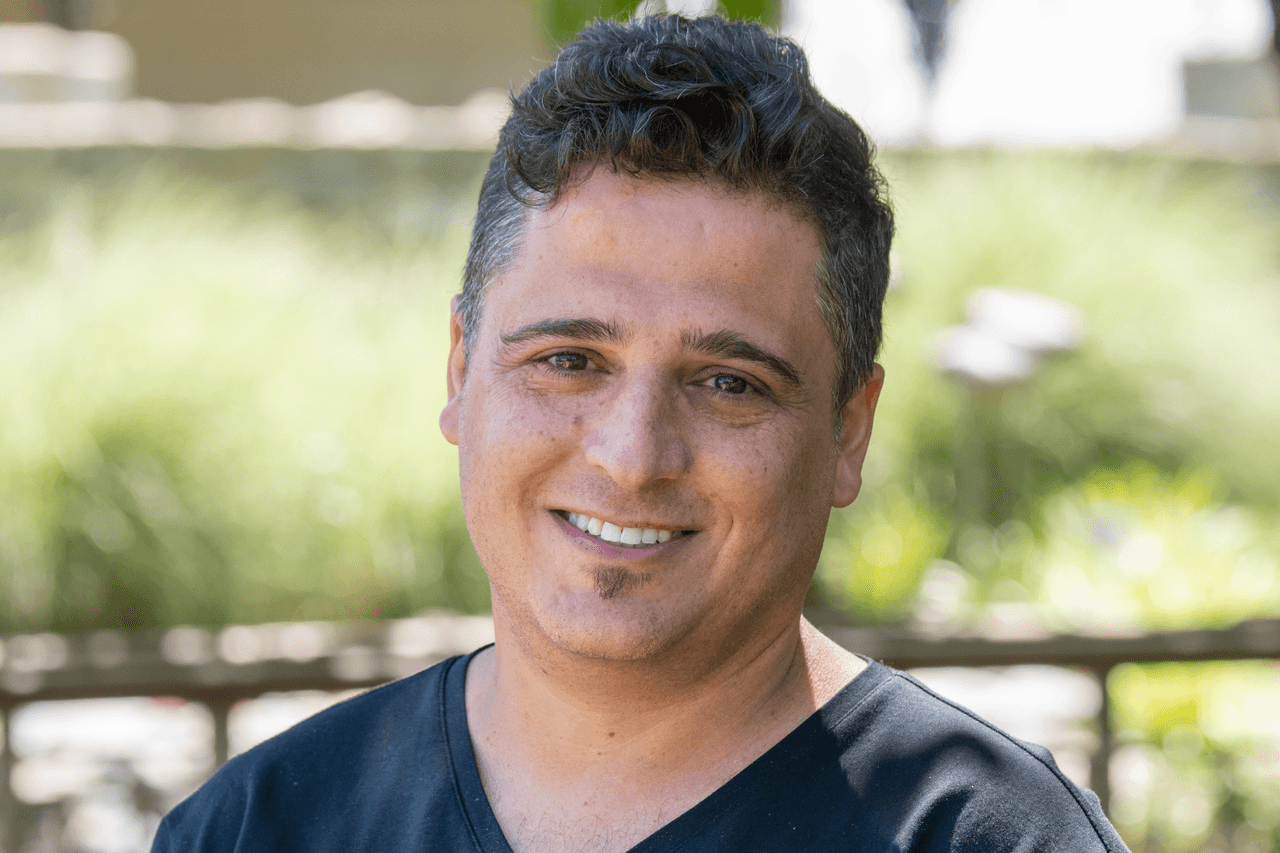
25 November 2025
From Europa Press, the Bazzini Lab co-led a study identifying a molecular switch that activates the embryonic genome, marking the beginning of autonomous development in vertebrates.
Read Article
In The News
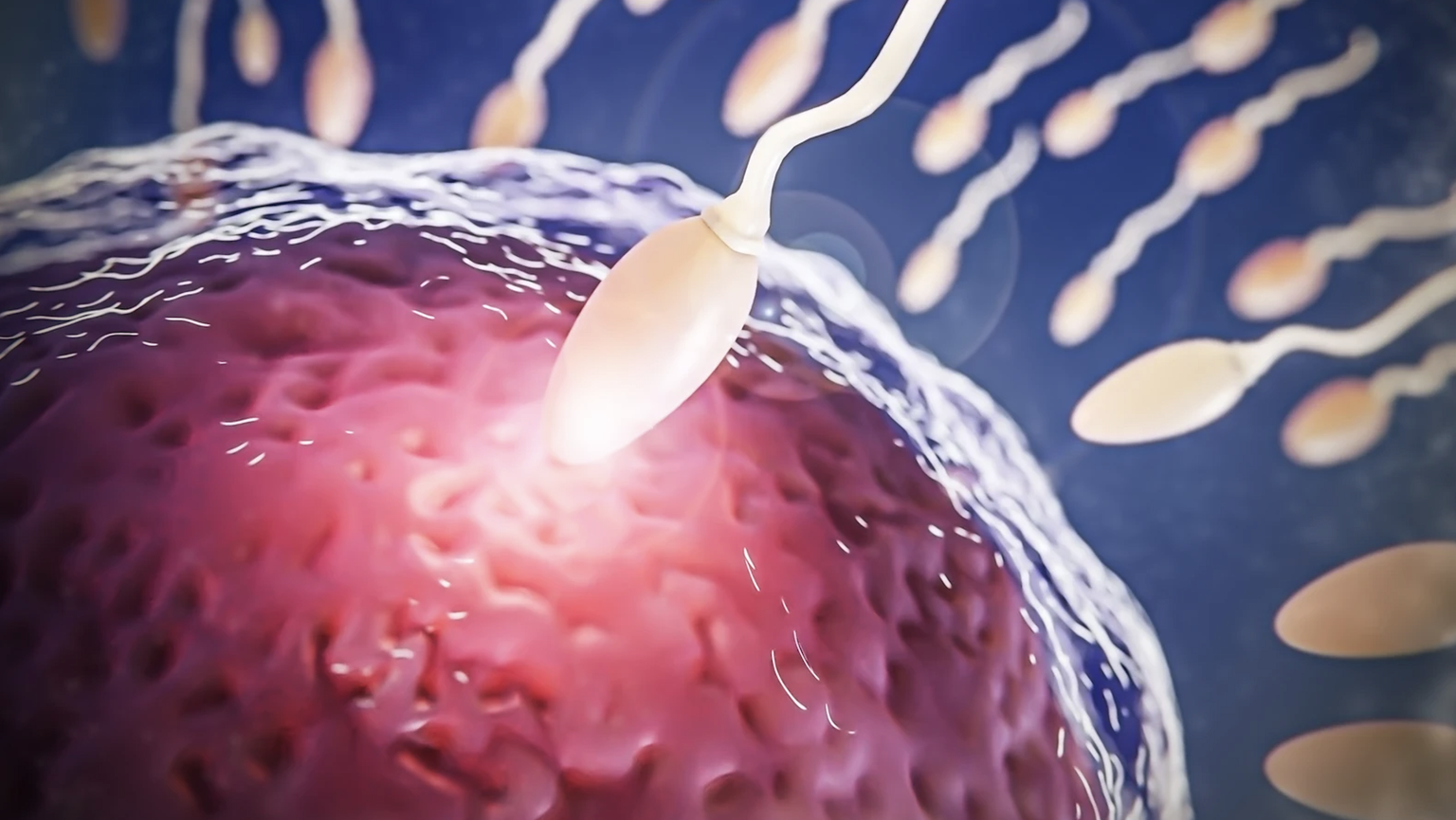
25 November 2025
From Antena 3, the Bazzini Lab has identified for the first time a decisive mechanism that allows the embryo to activate its own genome and autonomously begin its development.
Read Article
#Stowers25: Celebrating 25 Years
24 November 2025
25 Years of Discovery, Innovation, and Hope
Read Article
News
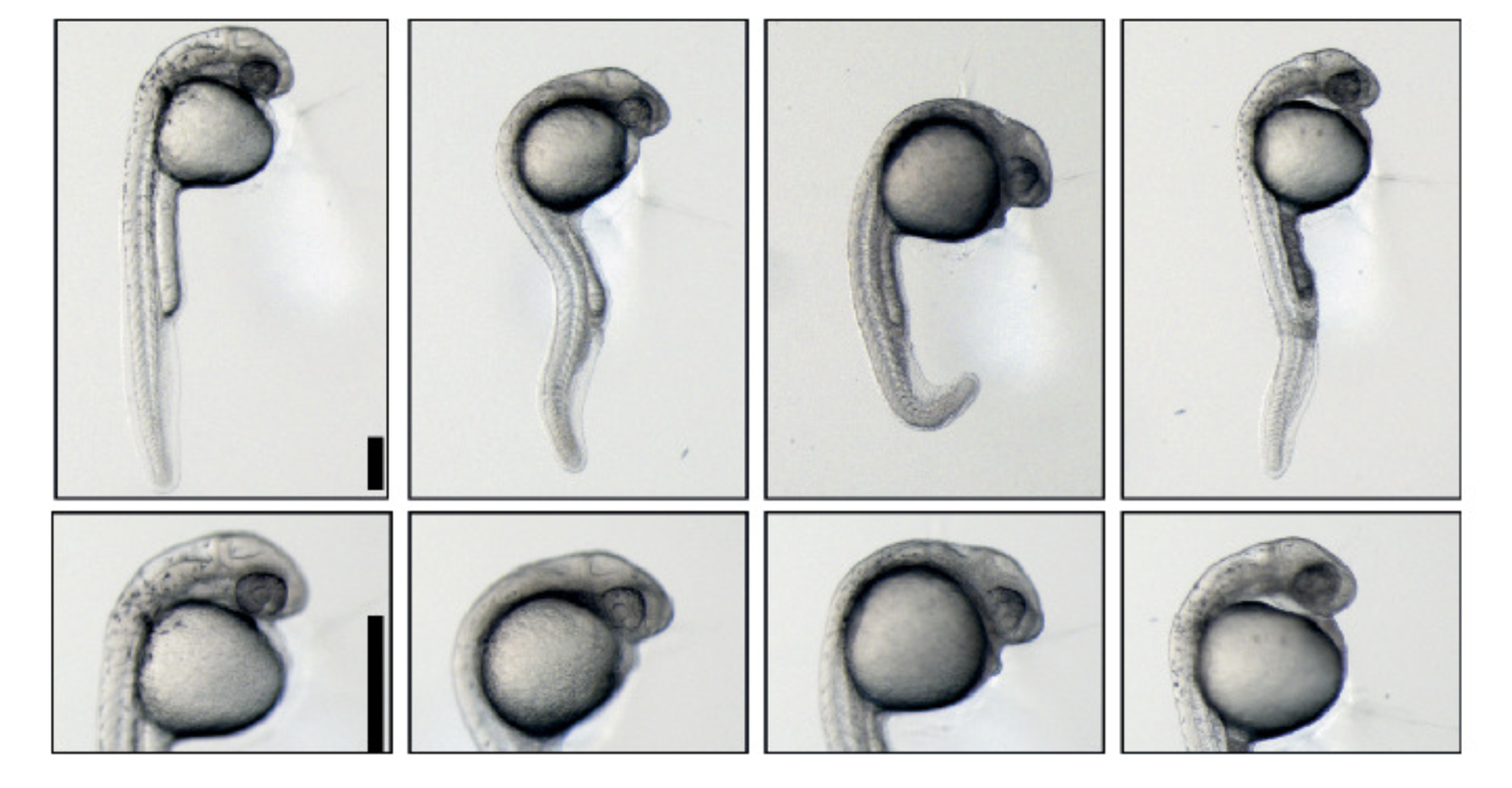
18 November 2025
Stowers Associate Investigator Ariel Bazzini, Ph.D., discusses a collaboration that uncovered a new mechanism guiding the earliest steps of life.
Read Article
In The News
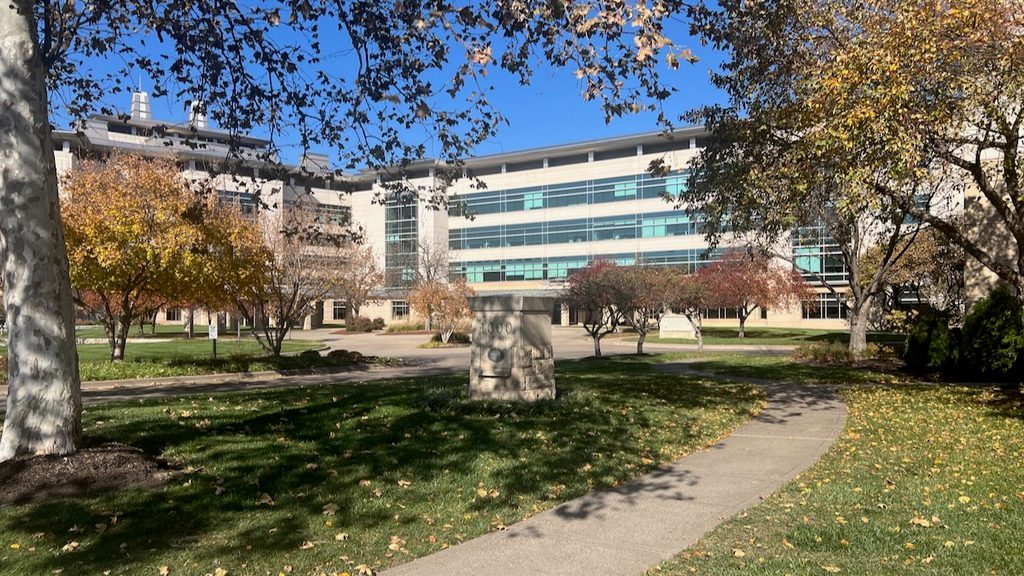
17 November 2025
From The Beacon, when the Institute opened its Kansas City headquarters in 2000, much of the scientific world was skeptical that biomedical research could succeed in the Midwest.
Read Article
In The News
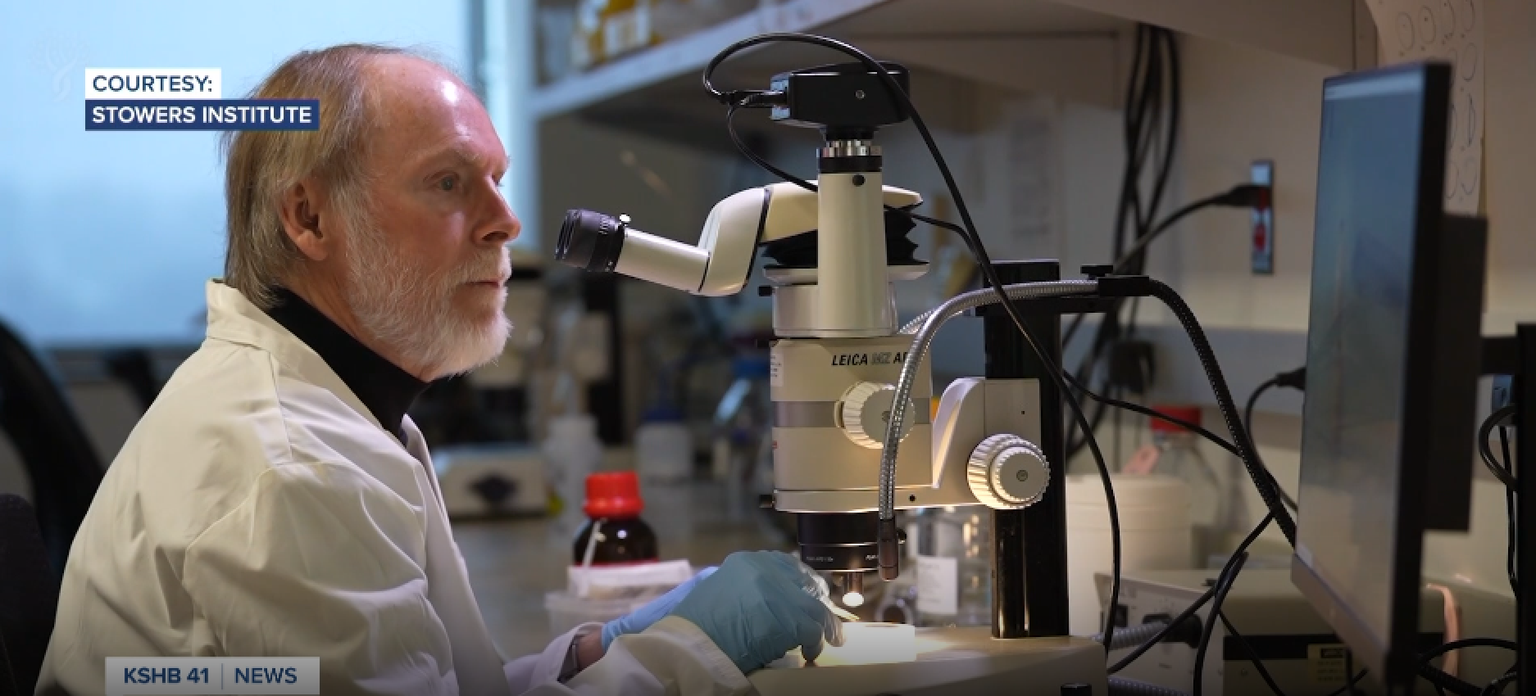
14 November 2025
From KSHB, after decades of biomedical research, leaders have big hopes for the future.
Read Article
In The News
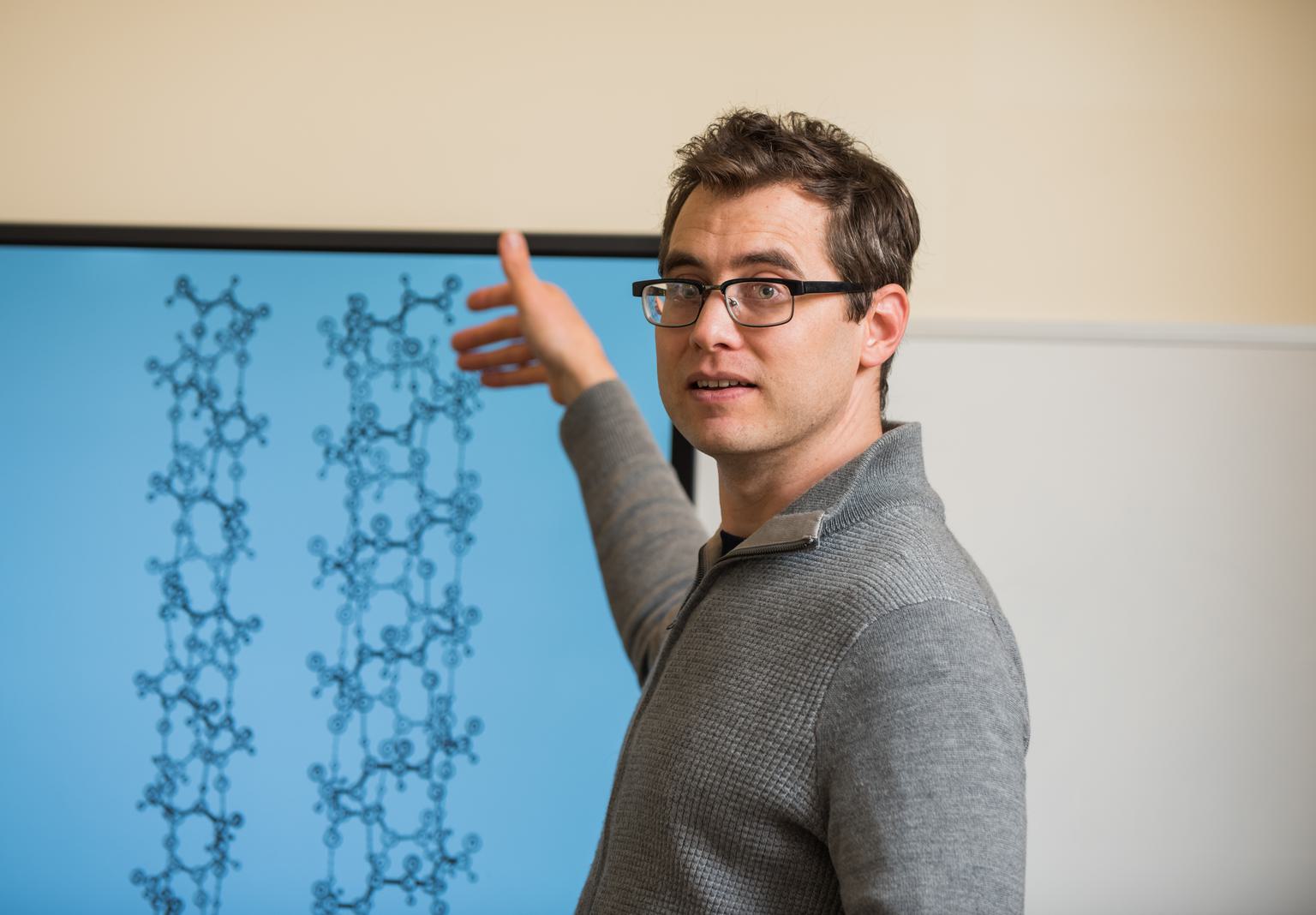
14 November 2025
From Alzforum, Investigator Randal Halfmann defined a cellular tipping point, beyond which aggregation becomes “runaway.
Read Article
#Stowers25: Celebrating 25 Years
12 November 2025
Institute leaders reflect on the legacy of Jim and Virginia Stowers
Read Article
#Stowers25: Celebrating 25 Years
07 November 2025
Highlighting 14 high-impact discoveries from the Stowers Institute's inception
Read Article
#Stowers25: Celebrating 25 Years
28 October 2025
Jim and Virginia Stowers envisioned a world-class research institute in Kansas City with a mission to unravel the secrets of life. Making their mission a reality required a deliberate commitment to hire the brightest scientists and invest heavily in technology to support innovation.
Read Article
In The News
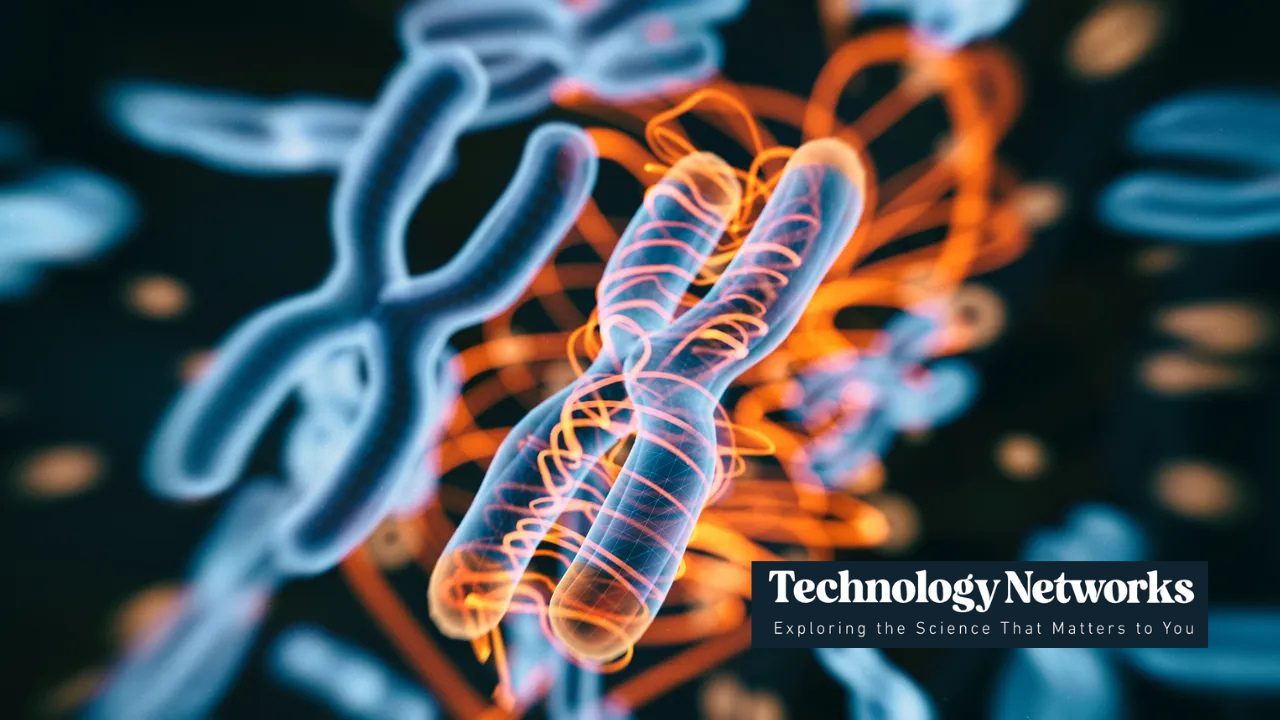
28 October 2025
From the Gerton Lab,Scientists pinpointed the DNA sequence where human chromosomes fuse, solving a century-old mystery in genome biology.
Read Article
Page 1 of 30
